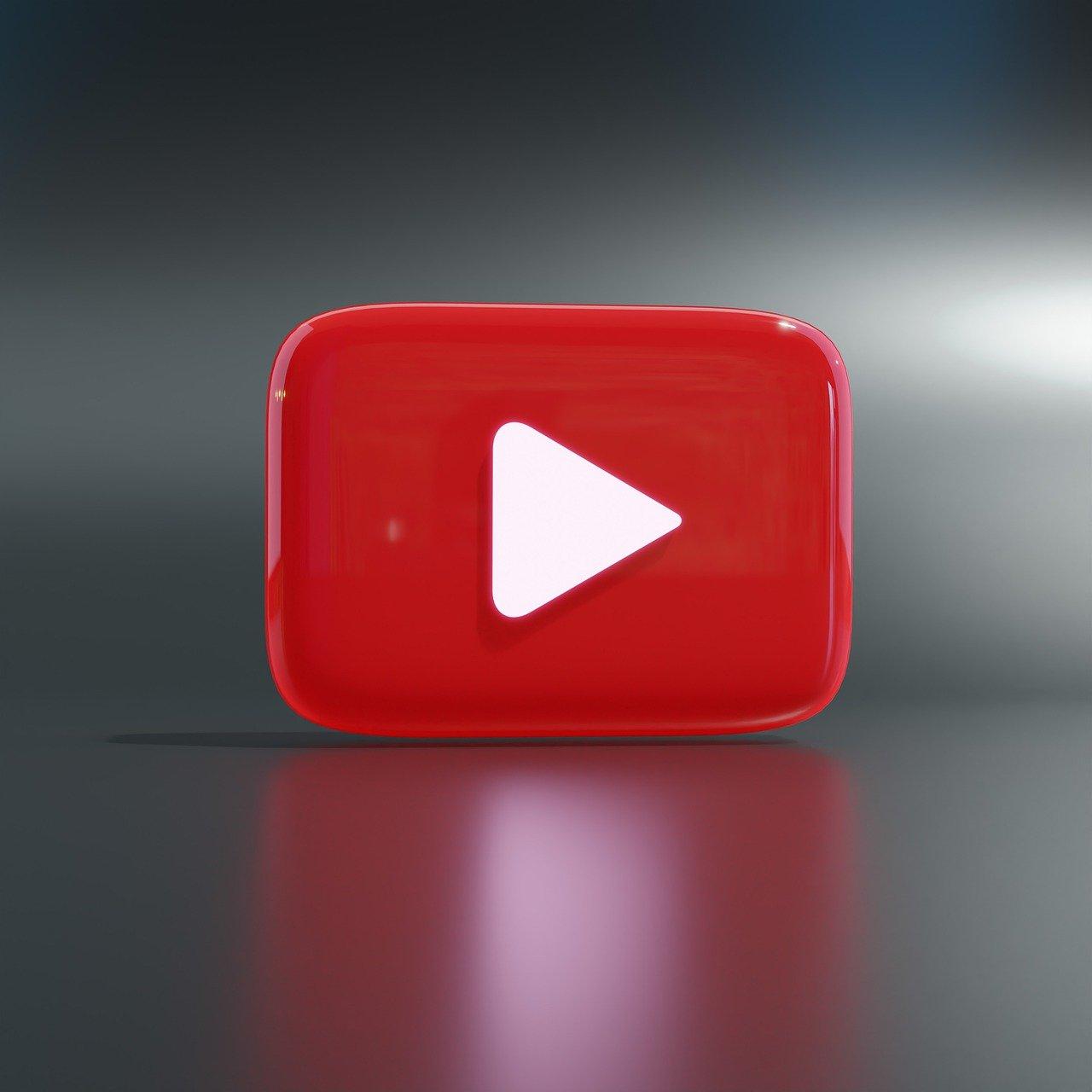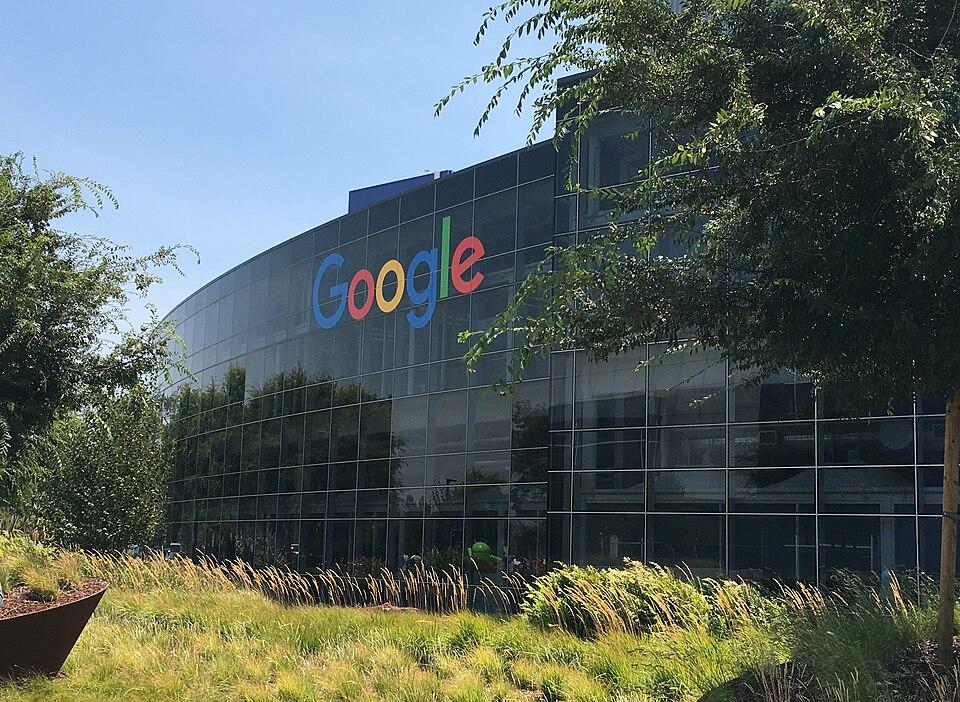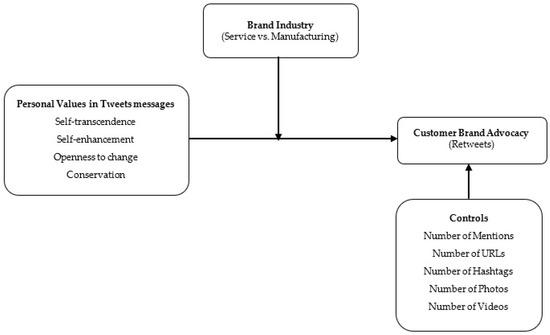Does Google own YouTube? Unpacking the story behind the world’s leading video platform.
The Origins of YouTube and Google’s Acquisition
YouTube was founded in February 2005 by three former PayPal employees: Chad Hurley, Steve Chen, and Jawed Karim. The platform was created as a solution too the problem of sharing videos easily online, inspired by the difficulty of sharing clips from a dinner party. It’s first video, “me at the zoo,” uploaded by Karim, marked the beginning of what would become the world’s largest video-sharing platform. Within a year, YouTube’s rapid growth caught the attention of major tech companies, including Google.
In october 2006, Google acquired YouTube for $1.65 billion in stock, a move that solidified its dominance in the digital space. The acquisition was strategic, as Google aimed to expand its reach into the burgeoning online video market. Post-acquisition, YouTube retained its brand identity while benefiting from Google’s resources and infrastructure. Here’s a speedy look at some key details:
| Event | Date | Details |
|---|---|---|
| YouTube Founded | February 2005 | By Chad Hurley, Steve Chen, and Jawed Karim |
| google Acquisition | October 2006 | bought for $1.65 billion in stock |
Since then, YouTube has grown exponentially, becoming a cornerstone of Google’s ecosystem and a global hub for content creators, advertisers, and viewers alike.

Exploring the Financial Dynamics Behind the Purchase
When Google acquired YouTube in 2006 for a staggering $1.65 billion, it wasn’t just a buisness transaction—it was a strategic move to dominate the digital landscape. This acquisition allowed Google to tap into the burgeoning world of online video,a medium that was rapidly gaining traction. Key financial benefits from this deal included:
- Revenue Growth: YouTube’s ad-based model considerably boosted Google’s earnings.
- Market Expansion: The platform gave Google access to a younger, diverse audience.
- Technological Synergy: Integration with Google’s infrastructure enhanced YouTube’s scalability.
To better understand the financial impact, consider this simplified breakdown of YouTube’s contribution to Google’s ecosystem:
| Year | YouTube Revenue (Approx.) | Percentage of Google’s Total Revenue |
|---|---|---|
| 2010 | $1 billion | 3% |
| 2020 | $20 billion | 10% |
The purchase not only solidified Google’s position as a tech leader but also showcased the long-term financial foresight behind its investments in emerging digital platforms.
How Google’s Ownership Shapes YouTube’s Ecosystem
since Google acquired YouTube in 2006 for $1.65 billion, the platform has evolved dramatically. Google’s ownership has played a pivotal role in shaping YouTube’s ecosystem, from its algorithms to its monetization strategies. The tech giant has integrated YouTube into its broader suite of services, leveraging its advertising expertise and data-driven approach to enhance the platform’s functionality. This has led to:
- Advanced recommendation algorithms that prioritize user engagement and content revelation.
- Seamless integration with Google Ads, enabling creators to monetize their content more effectively.
- Improved accessibility through features like auto-captions and translations powered by Google’s AI.
Though,this integration has also sparked debates about data privacy,content moderation,and market dominance. Google’s influence has pushed youtube to prioritize profitability, sometimes at the expense of smaller creators or niche content. The balance between innovation and ethical considerations remains a central challenge for the platform.
| Impact Area | Google’s Influence |
|---|---|
| Monetization | enhanced ad revenue tools |
| Content Discovery | Personalized recommendations |
| Accessibility | AI-powered translations |
Key Insights and Recommendations for Content Creators and users
For content creators and users navigating the digital landscape, understanding the relationship between Google and YouTube is crucial. Key insights include recognizing how Google’s ownership influences YouTube’s policies, algorithms, and monetization strategies. Creators should focus on:
- SEO optimization—leveraging Google’s search dominance to boost video visibility.
- Ad revenue alignment—adapting content to meet YouTube’s ad-friendly guidelines.
- Cross-platform integration—using Google tools like Analytics to refine audience targeting.
users, on the other hand, benefit from seamless integration with Google services but should remain aware of data privacy implications.Recommendations include:
| For Creators | For Users |
| Diversify platforms to reduce dependency on YouTube’s algorithm changes. | Adjust privacy settings to limit data sharing between Google and YouTube. |
| Monitor policy updates to avoid demonetization or strikes. | Explore alternative platforms for niche or ad-free content. |
Final Thoughts
In the digital maze of tech giants, Google and YouTube dance a duet of ownership and innovation—proving truth is just a click away.

